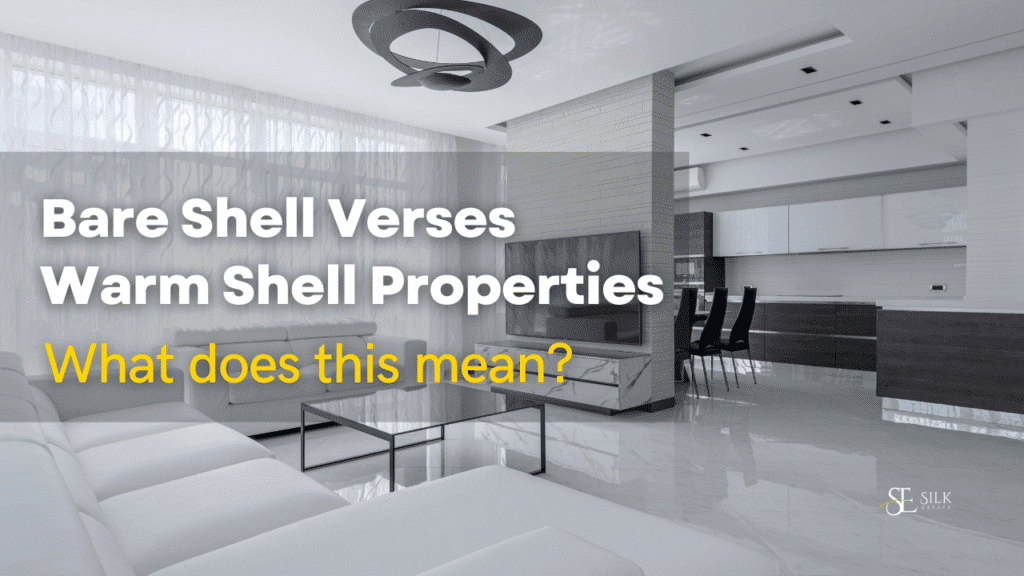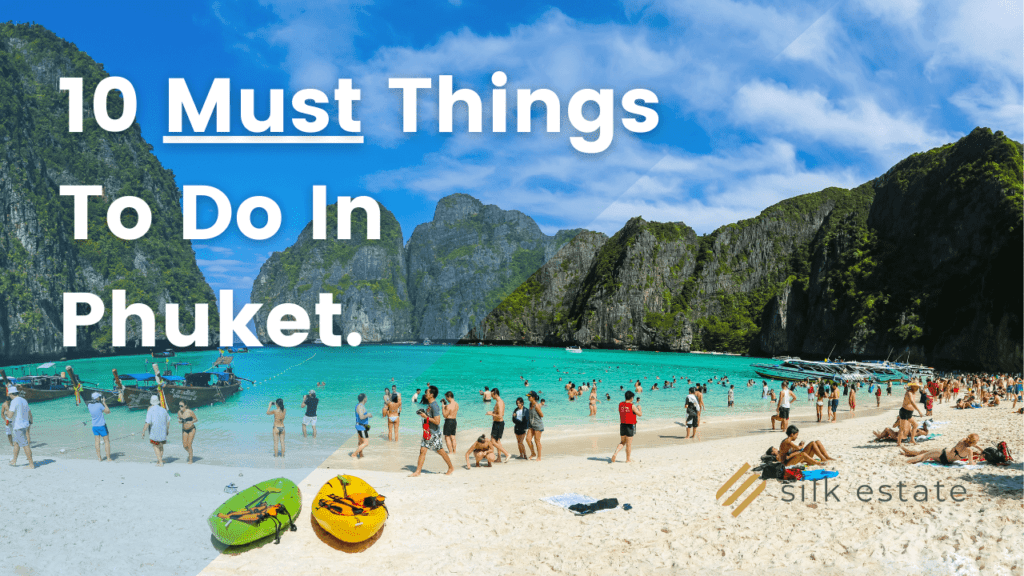What is a bare shell property quick answer!
A bare-shell property is a property that comes equipped with walls, and ceilings, and has completed the final stage of construction, however, that is all it is. You will find that there will be no furnishing that a warm-shell property would give you. Bare-shell properties give the new owner the freedom to design and add personal touches to the newly developed property.
Let's take a closer look
Most people start dreaming about owning a house from the time they get their first job. Some even start dreaming of their own house with or without a white picket fence since they are much younger! Irrespective of when you start planning to own your first house, at 13 or 30 years, chances are that you wish to acquire a property that is not just a house but one that you can make into your very own place that you love immensely.
You may call it your cosy nest, your luxurious home, or perhaps your humble abode. Yet you would want a place that suits your space needs, your budget and your aesthetic requirements.
To buy a house that matches all of your requirements and desires, you need to know a few real estate terms so that you know exactly which type of property you are purchasing. Two types of properties especially have confusing terminology, bare shell properties and warm shell properties.
The following paragraphs will elaborate on the differences between bare shell properties and warm shell properties. This post will also help you understand other related terminology to help you seal the deal and move in with a smile.

Bare Shell Properties
A bare-shell property is an area of built-up real estate that comes equipped with walls, and ceilings, and has completed the final stage of construction. Such properties also come packaged with basic facilities for electricity and water. Such properties are usually more than 2,000 sq meters, in carpet area or built-up area terms.
These properties can be customized to suit all your needs. However, you have to get fixtures fitted, you have to stick on the wallpaper, you have to fix the electrical systems, and all of your own accord, with your own money that is not part of the property’s cost as per the builder.
Such properties are highly customizable and ideal for long-term leases of up to 30 years by Thailand property and government laws. Such properties when in commercial establishments might also come with common amenities such as sprinklers and fire extinguishers in common areas. Buyers looking to purchase or lease real estate for offices tend to prefer this type of basic constructed property.

Warm Shell Properties
Warm shell properties are one level higher than bare shell properties. These structures are fully constructed, have basic paint coats on walls, and usually come with basic fixtures for water, electricity and other amenities inside the property.
Most buyers who prefer to own a smaller property of 1000 sq meters in either a carpet area or built-up area choose such real estate. Buyers usually choose to buy or rent such properties. Condos in Thailand are usually warm shell properties or ready-to-move-in furnished properties.
These types of houses, condos, and other property types are usually residential and have a lesser fixing up before moving in expense compared to bare-shell properties.
Semi Furnished Properties
A semi-furnished piece of property is a step up from warm shell properties and is equipped with walls that have a decent finish. In addition, you can usually find pre-installed electrical fixtures such as lights, bulbs, bulb holders, and water fixtures in the bathroom such as hand faucets and showerheads that are ready to use.
Such properties might be listed for rent or purchase, and on some occasions for short-term lease as well. These properties can be listed as condos, villas, houses, and even townhouses.
The type of ownership will depend largely on whether you are a Thai citizen or a foreign citizen looking for accommodation while living in Thailand. You can read more about the various laws, regulations, and legalities of Thai Property for Foreigners on the Silk Estate blog.
Ready To Move In Fully Furnished Properties
Ready-to-move-in properties, better known as fully furnished real estate are usually in prime areas by top builders and have all the amenities you would need to walk in, unpack your personal effects, and live comfortably.
While condos are not necessarily fully furnished and ready-to-move-in houses, more often than not condotels are fully furnished. The prime real estate contains the best paint, wallpapers pre-stuck on the living area walls, the best pre-installed bathroom and electrical fixtures, and furniture and carpets.
The cost of such properties depends on multiple factors and a good real estate agent such as Silk Estate can help you get prime condos and condotels at the best prices in Thailand.
Special Note About Condominiums and Condotels in Thailand
Condos and condotels in Thailand can be legally owned by foreigners provided a few basic conditions of Thai law are met. The most important rule is that the condos or condotel properties must be divided between Thai and Foreign buyers at a minimum of 51% Thai share and a maximum of 49% foreign share.
If you are a foreigner, to get the deed in your name the money you use to buy the property should come from abroad in USD currency and then be transferred to the chosen Thai developer in Thailand Bahts. The property should not be purchased with money you have earned in Thailand. The property should have a clear title, building codes, and environment codes.
If you are in doubt and need further help from a real estate expert then consider choosing a reliable agent. The chosen agent can also connect you further to legal aid such as lawyers, and paralegals to get the title deed made, an agreement made and if needed make a last inheritance and succession will.
Special Note About Owning Land as a Foreigner in Thailand
Beware of scams and stay clear of illegal ways that are workarounds to own land in Thailand. Legally a foreigner cannot own land in Thailand unless he is investing large amounts of money through a legal offshore company.
Such a company must add to the prosperity of Thailand by bringing in revenue constantly. In such cases, the land will belong to the company and not to any particular individual. If the person living in that property leaves the company, they would give up the right to live there.
If you are on your way to becoming an affluent and wealthy global citizen, yet are not quite there yet, then the safest way to live in a house, villa, or rowhouse, would be to lease the land and build on top of the land. Such buildings can be built on Thai land that is leased for a maximum period of 30 years.
Research Once and Then Some More!
Most importantly do your research before you invest in any property, do not be in a rush to put down even a small token and sign any papers. If you are not entirely sure of a property’s value or if it’s legit, then contact an agent such as Silk Estate.
We at Silk Estate have a large variety of listed properties on our website. We also offer numerous unlisted property options to buyers so make sure to ask us about these properties for sale.
Research Once and Save More, Time and Money.
Most importantly do your research before you invest in any property, do not be in a rush to put down even a small token and sign any papers. If you are not entirely sure of a property’s value or if it’s legit, then contact an agent such as Silk Estate.
You may be interested in this post >>> Things To Keep In Mind While You Buy A Condo in Bangkok.
You may be interested in this post >>> Your 5-Point Checklist For Condo Renovations In Thailand.




